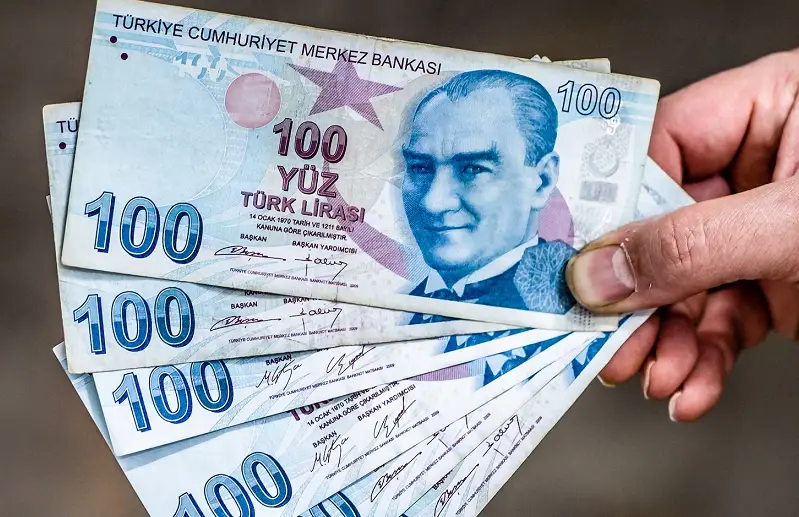In Thursday, the central bank of Türkiye increased its key interest rate to 40% as the nation continues to grapple with a skyrocketing inflation.
The increase marked another 500 basis point increase over the previous 35% interest rate, and was twice what analysts had been predicting, which was a 250 basisi point increase.
Observers characterized the move as an attempt to prop up the failing Turkish lira, as the central bank sought to tamp down the soaring inflation afflicting the nation’s economy. In October, inflation came in at a massive 61%.
Timothy Ash, emerging markets strategist at BlueBay Asset Management said in a note, “Really impressive move by the CBRT (Central Bank of the Republic of Türkiye) – probing their orthodoxy and getting well ahead of expectations. These guys and girls are serious about fighting inflation. We need to give them credit for that.”
Under its new chief, Hafize Gaye Erkan, who used to work on Wall Street as a banker, the Turkish central bank has been raising interest rates, from a starting point of 8.5% to the current 40%, as it has sought to increase the cost of borrowing to diminish the rate of price increases.
The regulator said, “The pace of monetary tightening will slow down and the tightening cycle will be completed in a short period of time,” adding it would keep interest rates elevated “as long as needed to ensure sustained price stability.”
The moves to constrain borrowing by increasing lending costs have been painful in Turkey, where the economy has seen skyrocketing inflation and a dramatically weakening currency for several years, due in large part to the government maintaining an extremely loose monetary policy.
Over the last five years during that period, the Turkish lira lost 80% of its value compared to the dollar.

